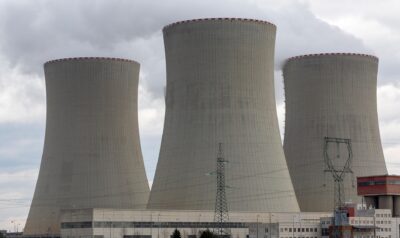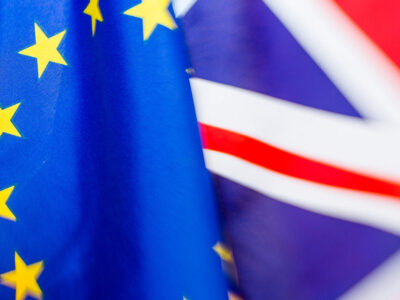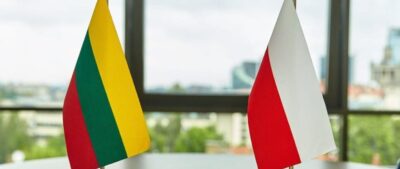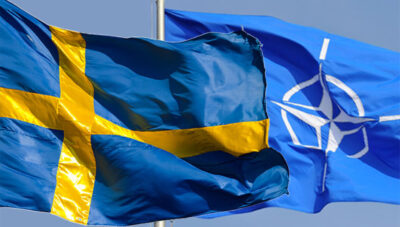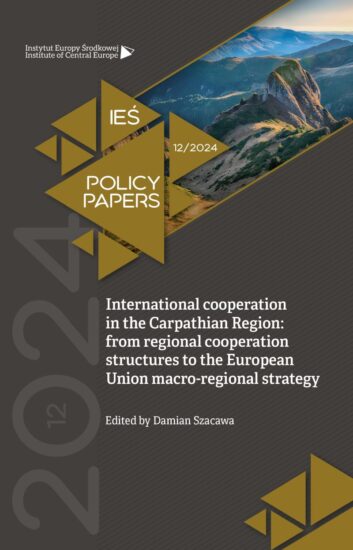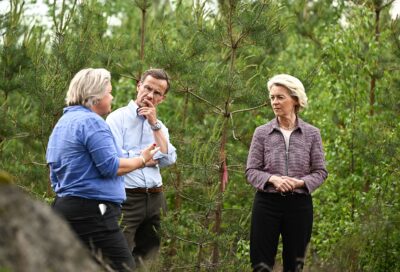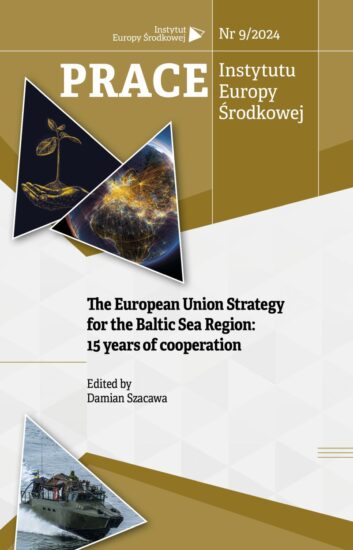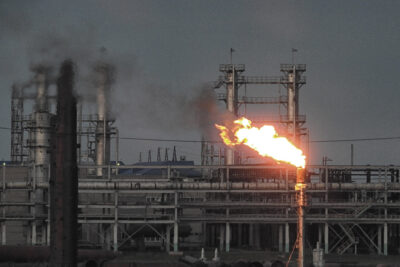The Renaissance of Nuclear Technology in Central Europe
Following Russia’s invasion of Ukraine in 2022, the countries of Central Europe were confronted with an unprecedented challenge of the urgent need to redefine the structure of their electricity supply in a permanent and strategic manner. The region’s prior dependence on energy commodities from the Russian Federation has come to be perceived not merely as an economic...
More →
